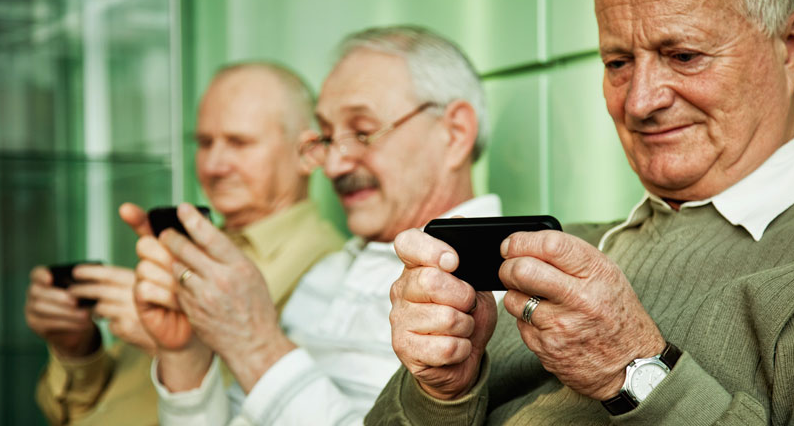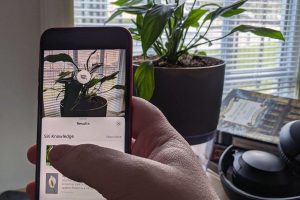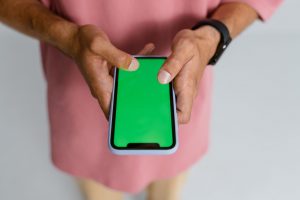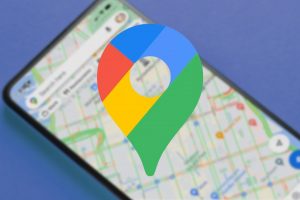Is Public Wi-Fi Safe?
IS PUBLIC WI-FI SAFE?
We live in a digitally driven world, where access to services and essential information are all moving online. Being “connected” and having access to the internet is important.
Many of us stay connected by connecting to Public Wi-Fi available at libraries, cafes, hotels, airports and other public places.
Is it safe?
As scammers and hackers are on the rise, it’s important to understand the risks of connecting to Public Wi-Fi.
THE RISKS
HACKERS
The biggest threat to fee Wi-Fi security is the ability for a hacker to position him or herself between you and the connection.
What does this mean?
Instead of information travelling between the hotspot and yourself, you’re sending your information to the hacker.
Through this setup, the hacker has access to every piece of information you are sending to the internet:
- Credit Card information
- Important Emails
- Banking Details
The more information a hacker has on you, the more chances he has on accessing systems portraying you.
MALWARE
Unsecured Wi-Fi connections are those connections which do not require a password. Hackers can use unsecure connections to distribute malware, and can easily send your computer infected software.
How do they do this?
A pop up screen may appear on your computer offering a piece of popular software – If you click the window, malware will be installed.
HOW TO PROTECT YOURSELF
ARE YOU REALLY CONNECTING TO A WI-FI NETWORK? USE THE RIGHT ONE
Smartphones and Tablets have the ability to “act as a modem”, known as a “mobile or portable hotspot”. This means a hacker may use their smartphone, and turn it into a mobile hotspot.
The hacker could call their mobile hotspot “Fed Square Free Wi-Fi“. Those looking to connect to free Wi-Fi around Federation Square would see this hotspot on their available Wi-Fi list, and connect straight to a hackers device!
Be mindful when connecting to free Wi-Fi. Is it the Wi-Fi of a legitimate place?
If you see Wi-Fi such as “Free Wi-Fi Here“… raise your eyebrows!
If you’re ever unsure, don’t connect! Use your personal data connection where possible.
USE SSL CONNECTIONS
Enable the “Always use HTTPS” option on websites that you frequently visit. The extra “S” means it is “Secure”, and all communications between your browser and the website are encrypted.
If you do internet banking, you will notice that banking websites always have the httpsin front of the web address.
When using free public Wi-Fi, don’t log onto internet banking!
TURN OFF FILE SHARING
Control your computer and devices by turning off file sharing options.
On an Apple device, set AirDrop to “Contacts only”.
TURN OFF WI-FI UNLESS YOU NEED IT
Not only will this conserve your battery, but will help you stay safe. If you don’t need Wi-Fi, get into the habit of turning it off




